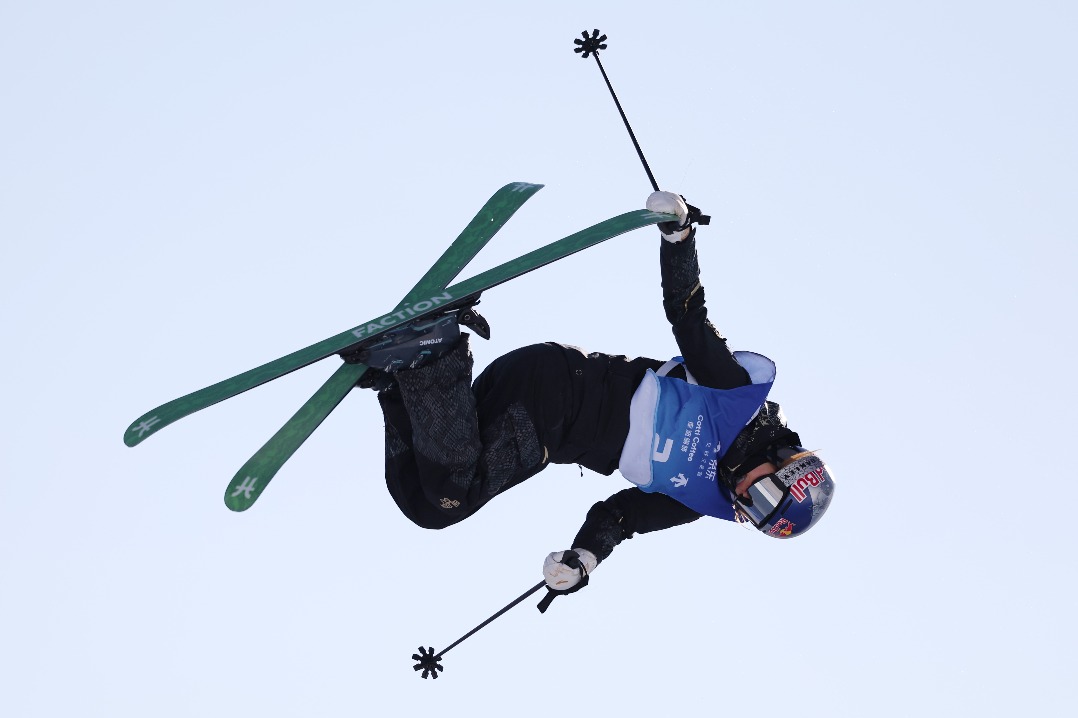Germany, France to revive jet project
By JONATHAN POWELL in London | China Daily Global | Updated: 2022-11-18 09:18
France and Germany are set to push ahead with a fighter jet project that is regarded as Europe's largest weapons program, despite recent bilateral tensions.
People familiar with discussions told the Financial Times newspaper that the main companies involved, Airbus, which represents Germany, and Dassault Aviation, of France, are moving closer to the next stage of the flagship Future Combat Air System, or FCAS, project.
An agreement could be reached in the coming days, giving the green light for the next phase of the venture, according to sources that spoke under condition of anonymity because issues remain.
Talks were halted last year amid differences on how work would be divided, technical specifications, and on intellectual property sharing between the companies.
Matters were complicated further when a joint meeting of the French and German cabinets was postponed last month over issues, including energy policy and defense cooperation.
France and Germany have been at loggerheads this year over European Union policy on the price of gas, gas pipelines, and financial support for the public and businesses impacted by the energy crisis.
But the next phase of the FCAS can now go ahead, according to the head of Germany's aerospace association and chief of Airbus defense and space, Mike Schoellhorn.
"France and Germany are each convinced of the importance of FCAS," he said at an aerospace industry meeting in Berlin on Monday. "There is no alternative, it must work."
Paris and Berlin first announced FCAS, which is designed to improve the continent's strategic autonomy, in 2017. It is Europe's biggest defense project; with next-generation fighter jets initially estimated to come into service around the year 2040.
These would replace jets flown by European air forces, such as the Eurofighter, Germany's Tornado, and France's Rafale.
Experts have estimated the ultimate cost of the FCAS project could reach as high as 80 billion euros ($83 billion), according to a 2020 French parliamentary report cited by the FT.
There have been concerns the project may never get going due to delays and disagreements over leadership, say analysts.
"It's Europe's biggest weapons project and yet the lack of any political flanking for it is just amateurish," said Christian Molling, a defense analyst with the German Council on Foreign Relations.
The delays mean that delivery of a jet for 2040 is doubtful and Dassault chief executive Eric Trappier has said 2050 is more likely.
The two companies are now willing to make concessions in order to salvage the project, according to those familiar with the matter.
























